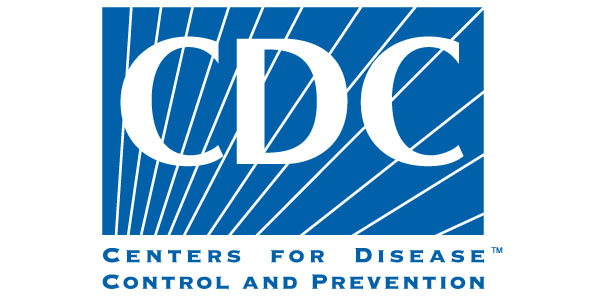Centers for Disease Control and Prevention (CDC) has updated the consumer webpage describing the types of masks and respirators used to prevent the transmission of SARS-CoV-2. Masking is a critical public health tool to prevent the spread of COVID-19, and it is important to remember that any mask is better than no mask. To protect yourself and others from COVID-19, CDC continues to recommend that you wear the most protective mask you can that fits well and that you will wear consistently.
The updated page will lay out the protection provided by available masks and respirators, noting that some provide better protection than others. These updates to the webpage reflect the science on masking, including what has been learned in the past two years, and will provide people the information they need to improve how well their masks or respirators protect them.
Summary of Recent Changes
- Added information to present similar content for masks and respirators
- Clarified that people can choose respirators such as N95s and KN95s, including removing concerns related to supply shortages for N95s
- Clarified that “surgical N95s” are a specific type of respirator that should be reserved for healthcare settings
- Clarified that some types of masks and respirators provide more protection to the wearer than others




